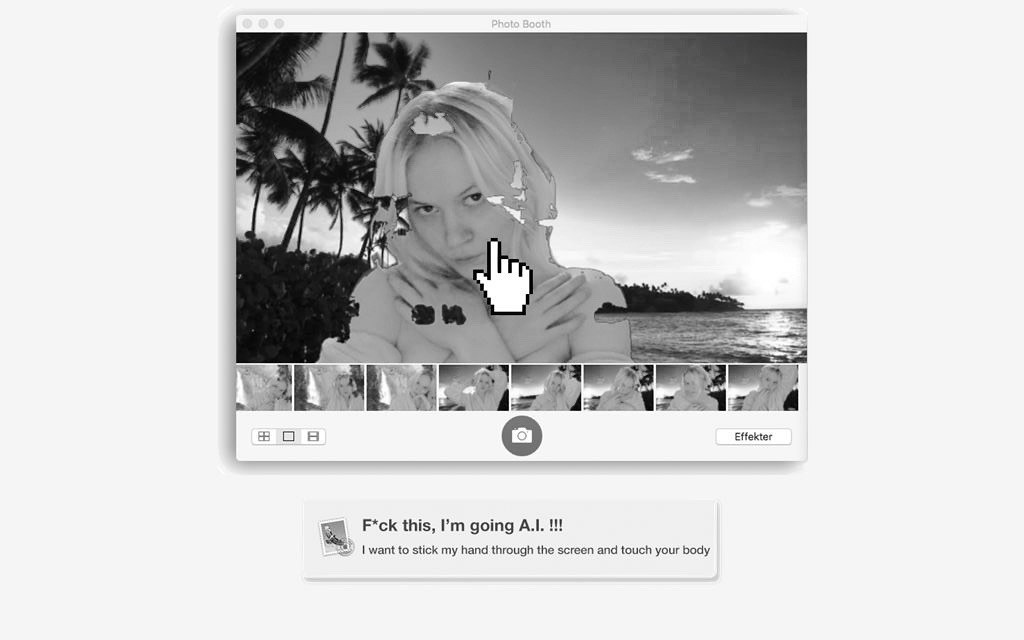Requiem // rip ME

In an interview with Crack Magazine, Mark Fisher argued that "there is nothing that marks out 21st century culture as belonging to the 21st century." Culture today functions on a bedrock of regurgitation and referentiality. This occurs to such a degree that nothing marks it out clearer than its lack of markedness. As Fisher puts it, "appropriation is no longer signalled, it’s just assumed." DJ Sprinkles has embraced this idea in her music, rejecting originality in favour of pure referentialism. She aims to write music which, "reflects specific context and environments and social relationships, identity relationships."
Lots of music taps into this idea. Perhaps the most obvious being sample-based music. Samples attempt to destroy original authorship and turn music into a practice of reference, rather than creation. To take one extreme example, American experimental sound-collage band Negativland took almost all their material from exterior sources as a way of critiquing the notion of intellectual property. They found notoriety when Island Records sued the band for heavily sampling the artwork and audio of U2, on Negativland's U2 EP. There's a delicious irony that Negativland and their respective label, Seeland Records, both took their names from Neu! (meaning: New!) track titles. For both DJ Sprinkles and Negativland, originality is not of interest. Reference is the defining practice of our time.
The latest release from Swedish label Stoscha falls into this tradition. The collaborative project calls itself 'rip ME'. The name suggests both the death of authorship (Rest In Peace) and digital 'ripping' of material onto a hard drive. Their latest 15-minute piece, Requiem, acts as a "requiem for the individualist culture", weaving together music from 17 artists, including Ellen Arkbro, HAJ300, KABLAM and Sissel Wincent. The format is suitably obscure, limited to only 100 USB sticks. Therein, you will find the music organised into a system of folders, with one folder containing the 'original' contributions, to encourage others to make their own versions of the piece. With a project so conceptually loaded, it would be tempting to write off the music as a peripheral feature. But that would be a mistake. Listen below with an accompanying video from Madeleine Andersson, and purchase here.
- Published
- Jun 4, 2017
- Credits
- Words by Georgie_McVicar
